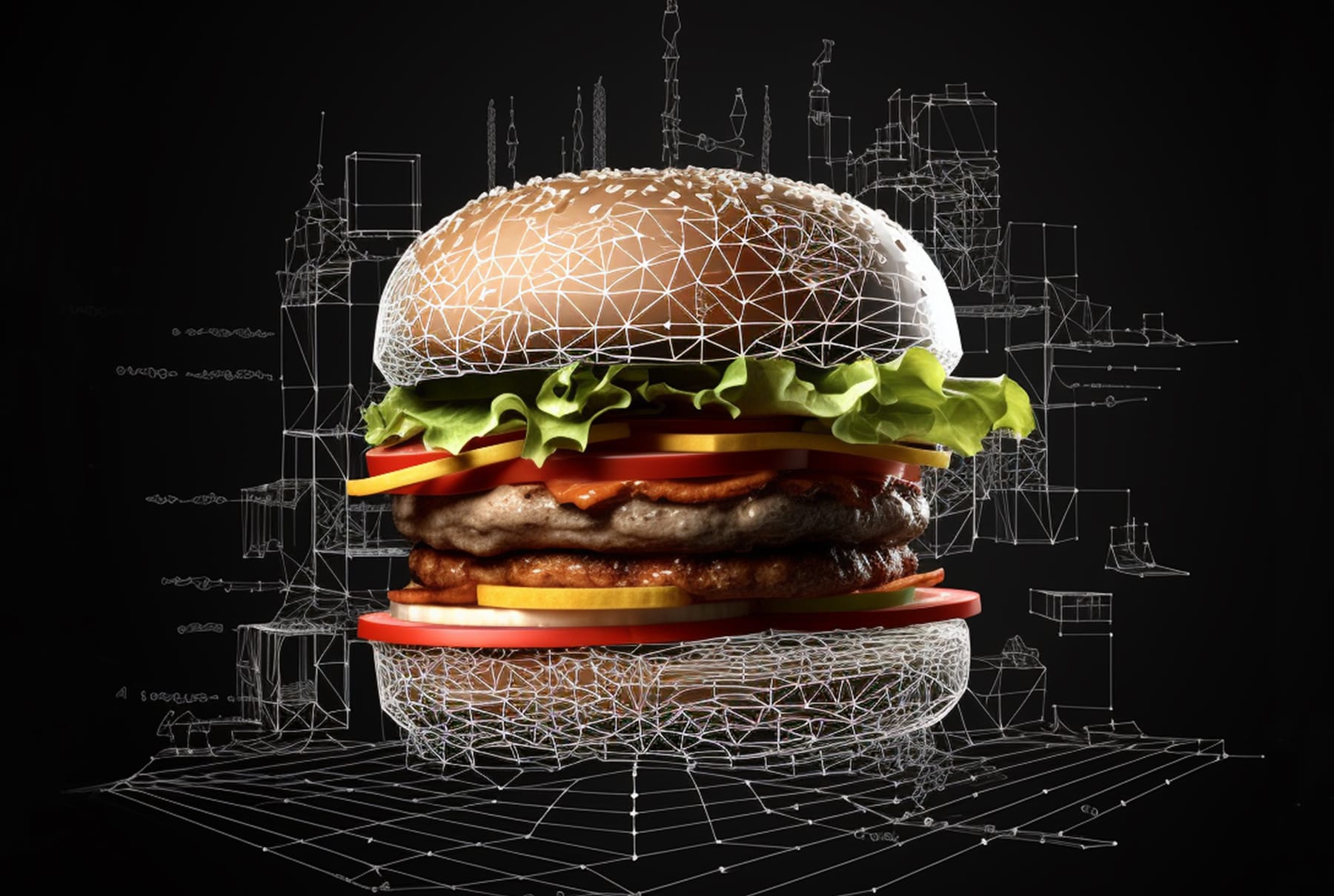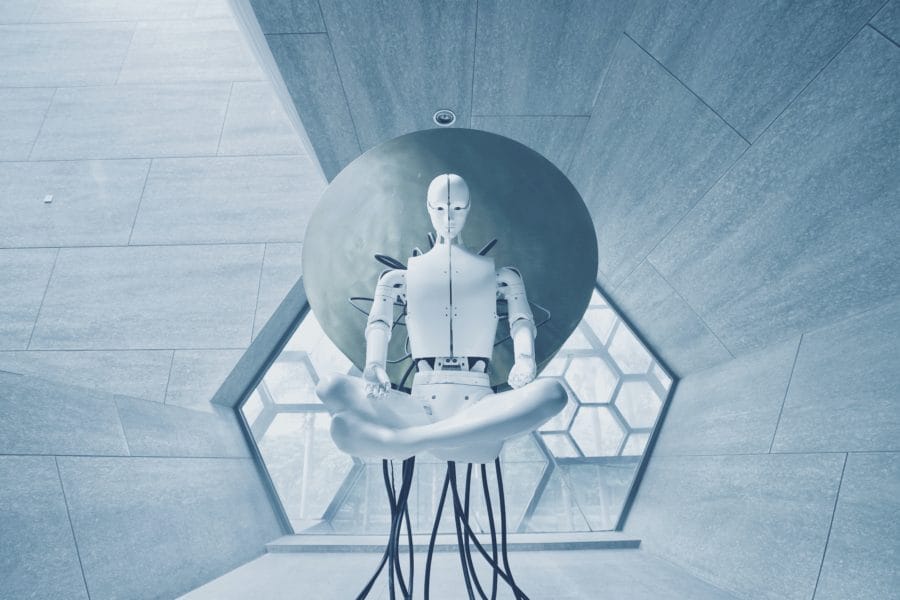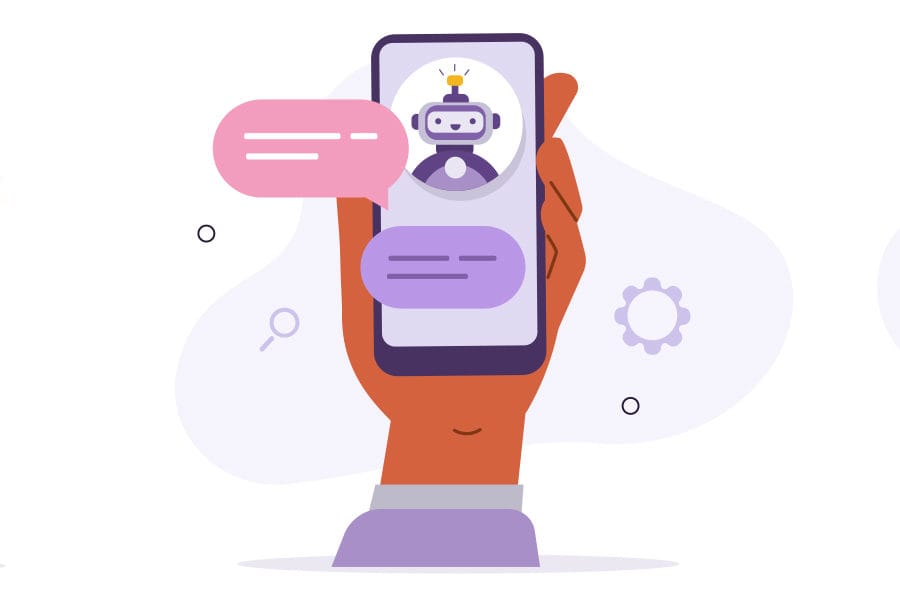
CREATIVITY IN THE AGE OF AI
by Chloe George
on 02/11/2023
AI is a system capable of emulating human-style reasoning or perception. And while it is in itself built by humans, it seems other humans are concerned at how fast it is advancing, leaving our artistic intelligence one day null and void.
Reminiscent of 2004 Will Smith blockbuster, iRobot, it seems a catastrophising outlook that perpetuates the idea that robots will one day take over. In reality, AI may in fact just become a tool that is present as a norm in making creatives’ lives easier, allowing more time for grander creative thinking. However, there is always a risk of course of clients, brands and those on the business side of industries, minimising the perceived impact that our creative minds have.

Earlier this year, denim giant Levi’s announced they would be using AI models for future campaigns, causing uproar amongst the fashion community that both models and photographers would be out of work; particularly impactful when the saturation of models is considerable and how much money they are able to make in such a competitive environment. Levi’s claimed that this venture would only be to supplement human models rather than replace them, and to further promote diversity and body-inclusivity by being able to show the same product on models of different body shapes and ethnicities. Yet, the worry is still there that the convenience and effects on cost that using AI has, would eventually bleed into using AI to make photographers and models completely redundant.
With food photography, the area we are more of the experts in, it is of course less of an issue regarding models, but we do run into the problems of misleading consumers with AI generated food. It does almost seem a given that the food used in advertising doesn’t always look like the product itself. For example, McDonald’s burgers always look the most perfect they can, to the point where it’s completely plausible that everyone is in agreement you won’t see the same food when you open your Big Mac wrapper. Meanwhile, in 2020 Burger King caused a stir with a global campaign showing their Whopper Burger decaying over a 34-day period to communicate their decision to remove artificial preservatives. Should this image use AI, it doesn’t seem an issue, as it merely enhances a message for impact. However, if AI was used to create an image of food that consumers will pay their money for (which in today’s climate is harder, and harder earnt) and receive a product that is so far from what has been sold to them, it feels disingenuous of brands.
In other areas of the F&B industry, AI is making processes easier for brands, but maybe taking personality and care away, in the eyes of the customer. In America, Wingstop – a nearly 2,000-unit chain offering primarily fried chicken – is using AI to answer phones. Partnering with ConverseNow, they have made use of a virtual ordering assistant which allows the answering of multiple calls simultaneously. It is claimed to be able to assist with recommendations, in multiple languages, as well as ordering food, upselling and personalised conversations, but it is a wonder if this will still be as personable for a customer as a real-life employee.

Overall, right now the risk against creatives from AI seems minimal, and if anything will help creatives to use their time and efforts in a bigger way. What the future may hold is up in the air; how much sway AI capabilities will have on brands is yet to be seen, with brands so far justifying their use of AI without taking away from their creatives. The steady stream of creatives in varying industries speaking out against the use of AI seems to be marking the wider issue that could be. From actors – or even actor’s families such as Zelda Williams speaking out against AI versions of her late father Robin Williams being created for voice overs – to models, designers and musicians, the creative industries are making it known that they will not be complicit in AI taking over. And, it seems as long as creatives keep that integrity and vocalisation up, brands and industry heads will have to listen.

Bio: Chloe George – Junior Account Manager
With a degree in Film & Television studies, and a passion for writing and social media, Chloe loves to use her creative thinking to research, explore trends, and write.



